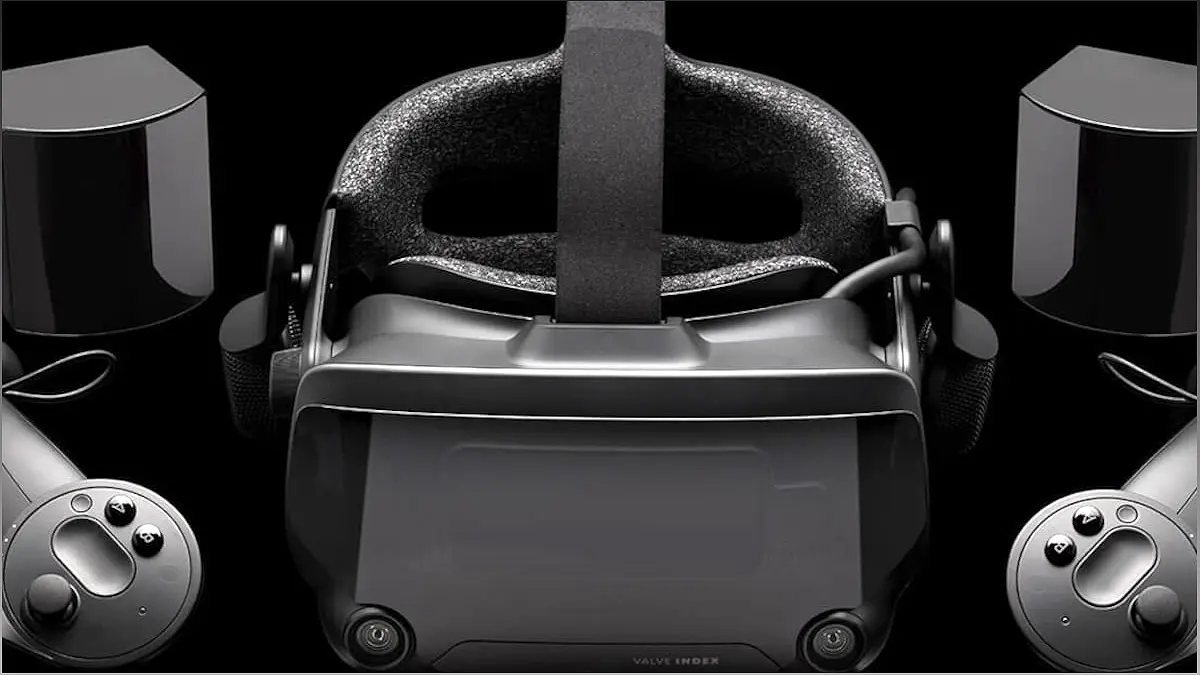In an exclusive interview with Valve, we delve into the future of VR and the insights gained from the development of their revolutionary Steam Deck. Join us as we explore the potential direction VR hardware could take and the exciting possibilities that lie ahead.
Insights from Steam Deck: Shaping the Future of VR
Discover how Valve's Steam Deck has provided valuable insights for the future of VR hardware.
Valve's recent announcement of the Steam Deck OLED has sparked excitement among gaming enthusiasts, but it also holds significant implications for the future of virtual reality (VR) hardware. In a recent interview with Valve employees, hardware engineer Yazan Aldehayyat and product designer Lawrence Yang shed light on how the development of the Steam Deck has influenced their approach to VR.
According to Yang, the Steam Deck has provided valuable learnings in terms of working with an APU (Accelerated Processing Unit) and miniaturization of computers. These insights can be directly applied to VR hardware development, opening up new possibilities for immersive experiences.
Aldehayyat further emphasized the potential for overlap in technology pieces that can be reused between the Steam Deck and VR hardware. For instance, wireless streaming, a feature integral to the Steam Deck, could also be applicable to VR, enabling seamless and untethered experiences.
Continued Commitment to VR: Valve's Ongoing Efforts
Explore Valve's commitment to VR and their dedication to pushing the boundaries of the technology.
While Valve has not made any specific announcements regarding new VR hardware, their employees confirm that the company is actively working on VR and remains committed to pushing the boundaries of the technology. The Steam Deck itself is a testament to Valve's continuous pursuit of innovation, building upon the knowledge gained from previous ventures such as the Steam Controller, Steam Link, and VR.
Valve's CEO, Gabe Newell, has also hinted at the potential influence of the Steam Deck on their future VR hardware. This suggests that the integration of an APU, similar to the Steam Deck, could be a possibility for upcoming VR headsets, allowing them to render PC VR games as standalone devices or stream content wirelessly from a PC.
Valve's expertise in VR, coupled with their large VR platform and recent interface updates, positions them as a key player in the evolution of virtual reality. With their ongoing research and development efforts, Valve aims to reach millions of customers worldwide and deliver immersive VR experiences that push the boundaries of what is possible.
Wireless VR: A Potential Game-Changer
Explore the potential of wireless VR and how it could revolutionize the way we experience virtual reality.
One of the exciting possibilities hinted at by Valve employees is the development of a wireless VR headset. This headset could either stream content from a PC or function as a standalone device with a built-in chip, similar to the Steam Deck. The integration of wireless technology would eliminate the need for cumbersome cables, providing users with greater freedom of movement and a more immersive VR experience.
Imagine being able to explore virtual worlds without being tethered to a computer, allowing for seamless movement and interaction. A wireless VR headset could pave the way for new gameplay mechanics and experiences, enhancing the sense of presence and immersion for users.
While Valve has not provided specific details about a wireless VR headset, their job postings and patents indicate ongoing research and development in this area. As technology continues to advance, we can anticipate exciting advancements in wireless VR that will shape the future of the medium.

